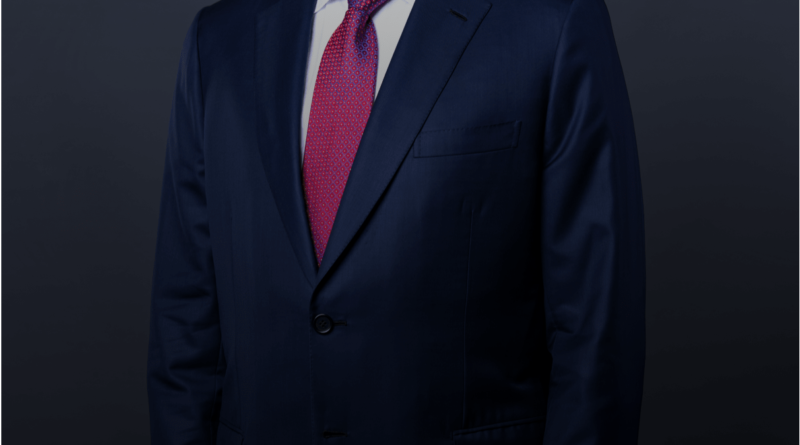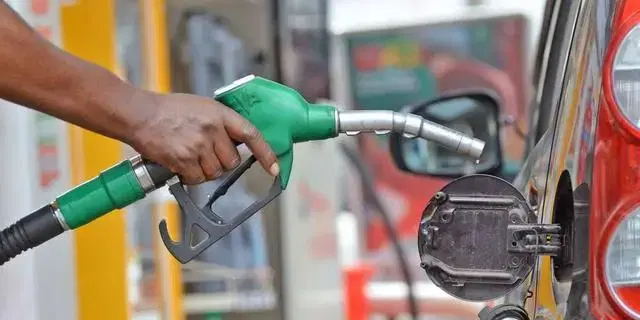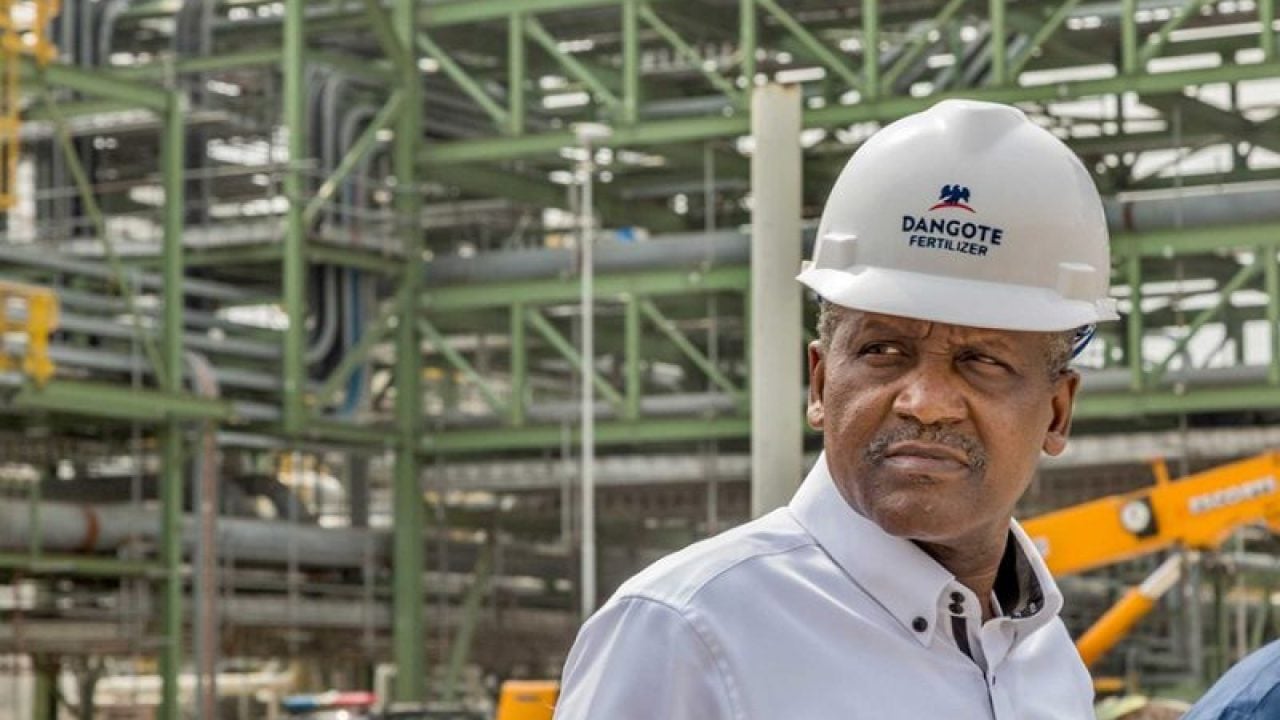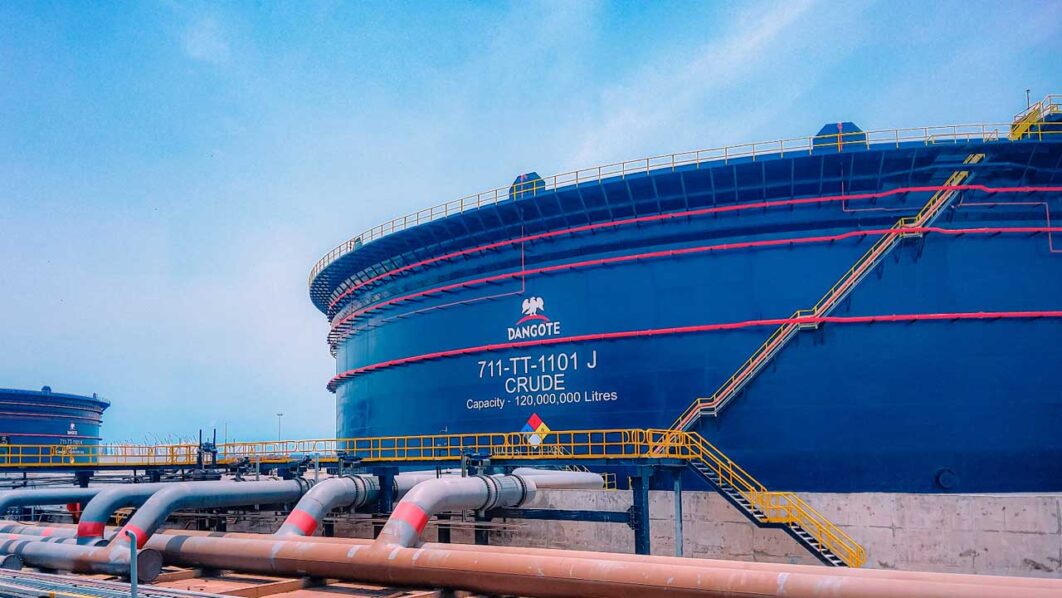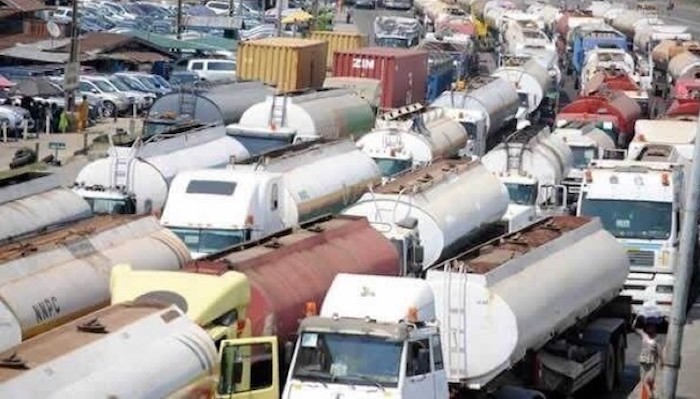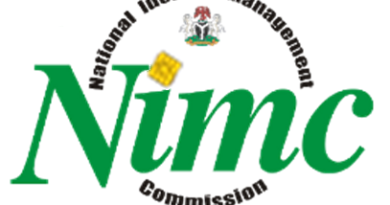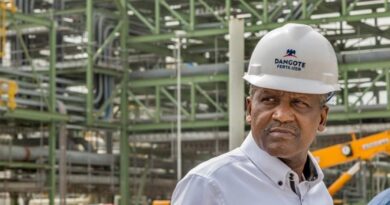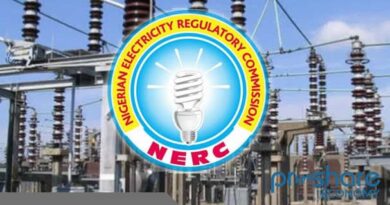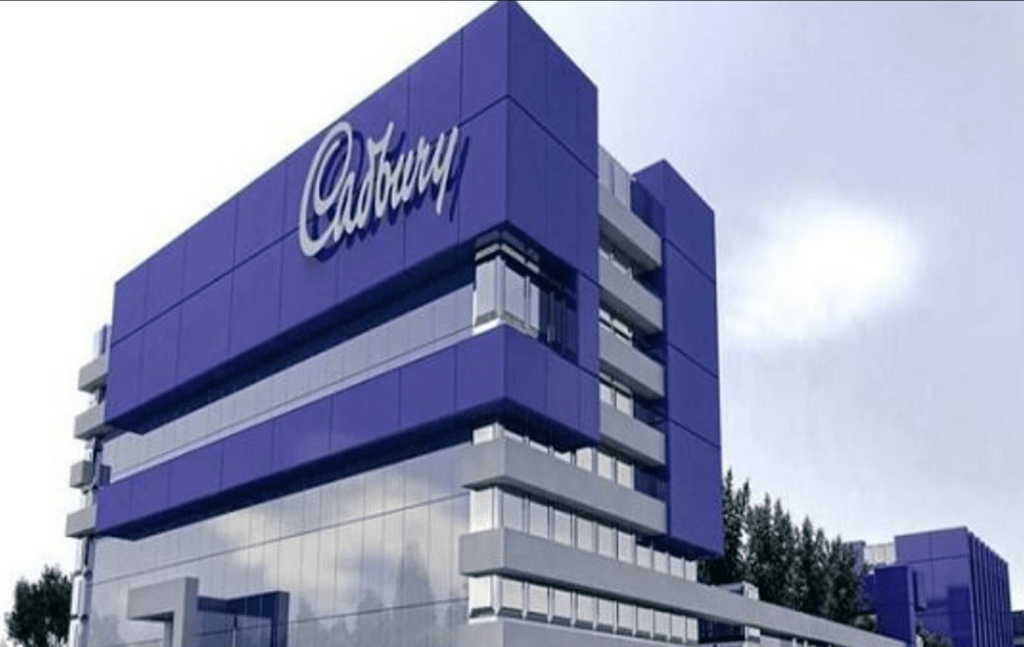Marketers Protest as Dangote Vows to Crash Cooking Gas Prices in Nigeria
Tension is rising in Nigeria’s gas sector as Aliko Dangote, Africa’s richest man and president of the Dangote Group, announces plans to significantly reduce the price of cooking gas. He also hinted at selling Liquefied Petroleum Gas (LPG) directly to consumers if current market distributors block efforts to lower the price.
Dangote announced a tour of his mega refinery in Lekki, Lagos, stating that the cost of LPG remains unaffordable for many Nigerians who still rely on firewood for cooking. According to him, the refinery currently produces 2,000 tonnes of LPG daily and is gearing up to increase output to meet growing demand as the country transitions to cleaner energy sources.
He emphasized that if distributors resist the price cut, he will bypass them and sell directly to households to ensure affordable access. “We are trying to bring down the price and make it cheaper,” he stated.
Currently, the price of cooking gas in Nigeria ranges between ₦1,000 and ₦1,300 per kilogram, a rate Dangote believes is too high for ordinary citizens. His plan to crash the price has, however, sparked concern among existing market players who view the move as a threat to fair competition.
Why are marketers protesting Dangote’s plan?
Industry players argue that the businessman’s approach is monopolistic and risks destabilizing the market they’ve spent years building. Godwin Okoduwa, former Chairman of the LPG and Natural Gas Downstream Group of the Lagos Chamber of Commerce and Industry, said the industry grew through years of collaboration and warned that growth could be stifled if one company dominates.
“Some of us started from 70,000 metric tonnes in 2007 to over 1 million by 2022. That growth was due to partnerships—not a one-man approach,” he said. “Dangote’s investment is welcome, but he must collaborate with existing players, not frustrate them.”
Okoduwa urged Dangote to consider expanding LPG infrastructure in underdeveloped regions, especially the Northeast, where consumption remains lowest. “If he really wants to help, let him build in areas where gas infrastructure is lacking,” he added.
Echoing similar concerns, Bassey Essien, Executive Secretary of the Nigerian Association of Liquefied Petroleum Gas Marketers, doubted the feasibility of direct sales and a drastic price crash. “It sounds unrealistic,” he said. “Has the refinery even started selling petrol directly to you and me at a cheaper price?”
While Dangote’s intentions to reduce gas prices and increase access are widely applauded, his strategy is drawing sharp criticism from marketers who fear it could undermine the entire sector. Experts are now urging a more inclusive approach that fosters collaboration instead of competition, ensuring long-term growth for Nigeria’s LPG market and fair access for all.

